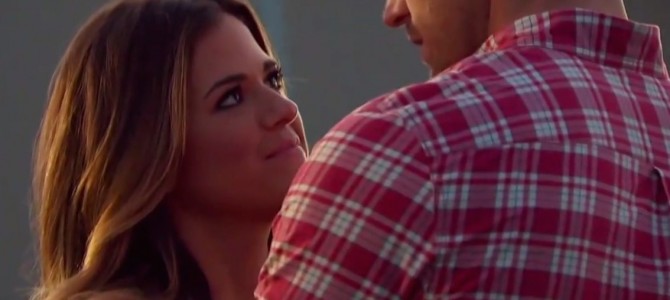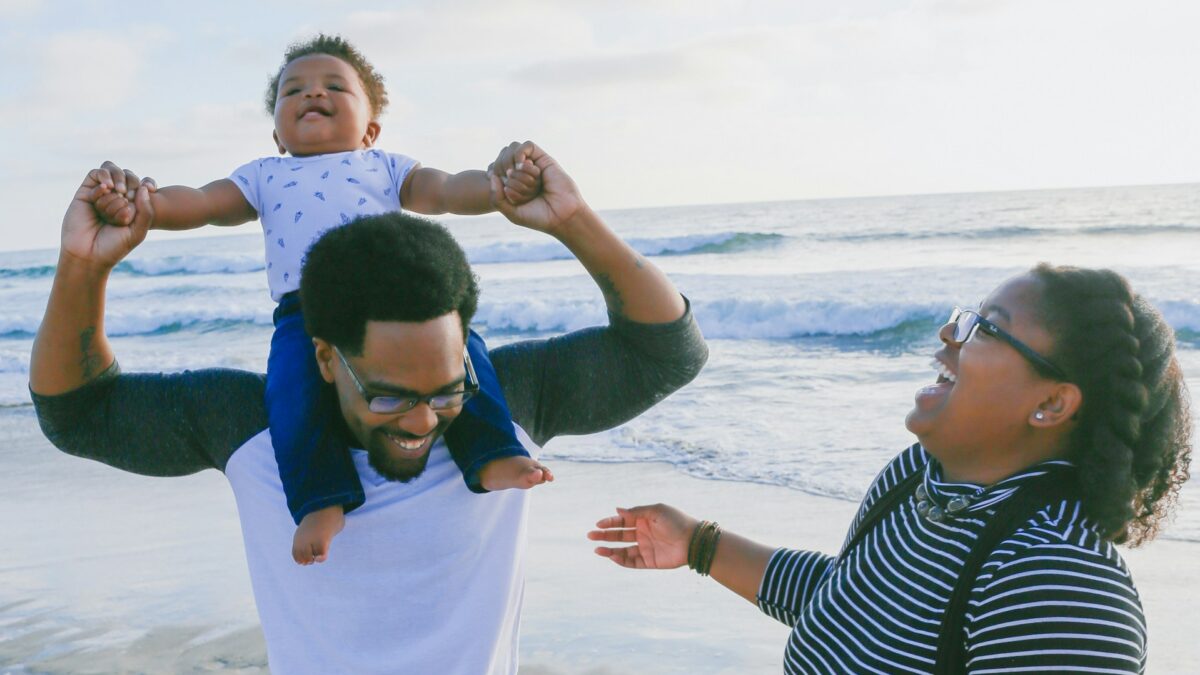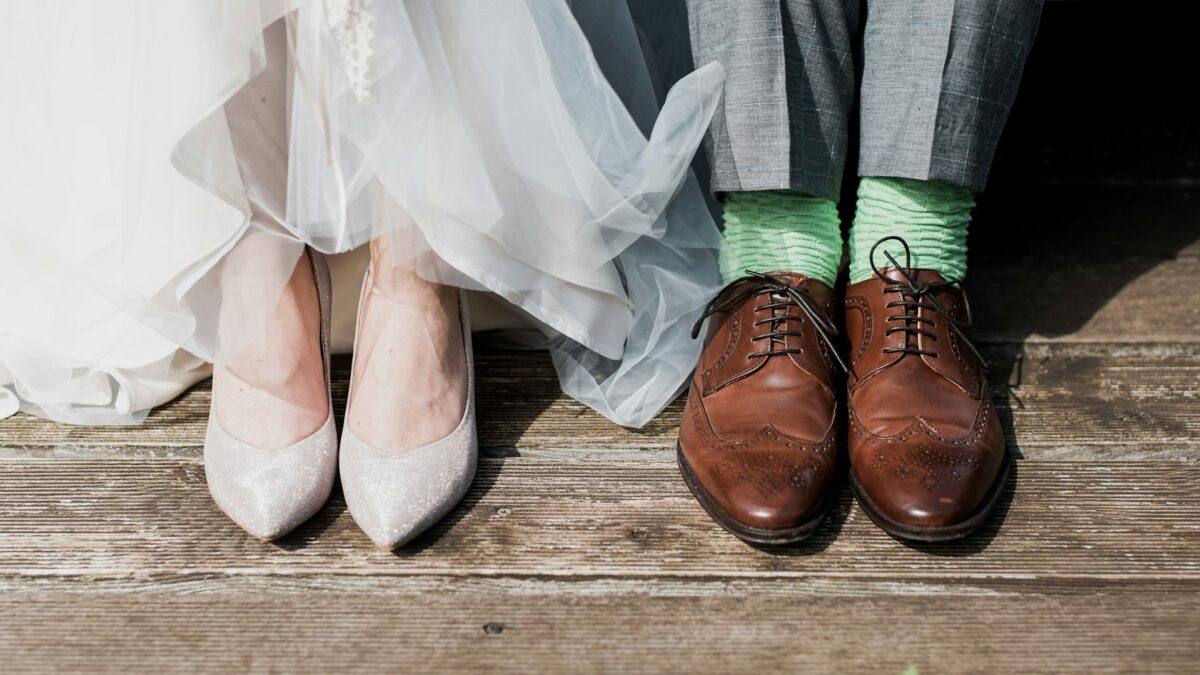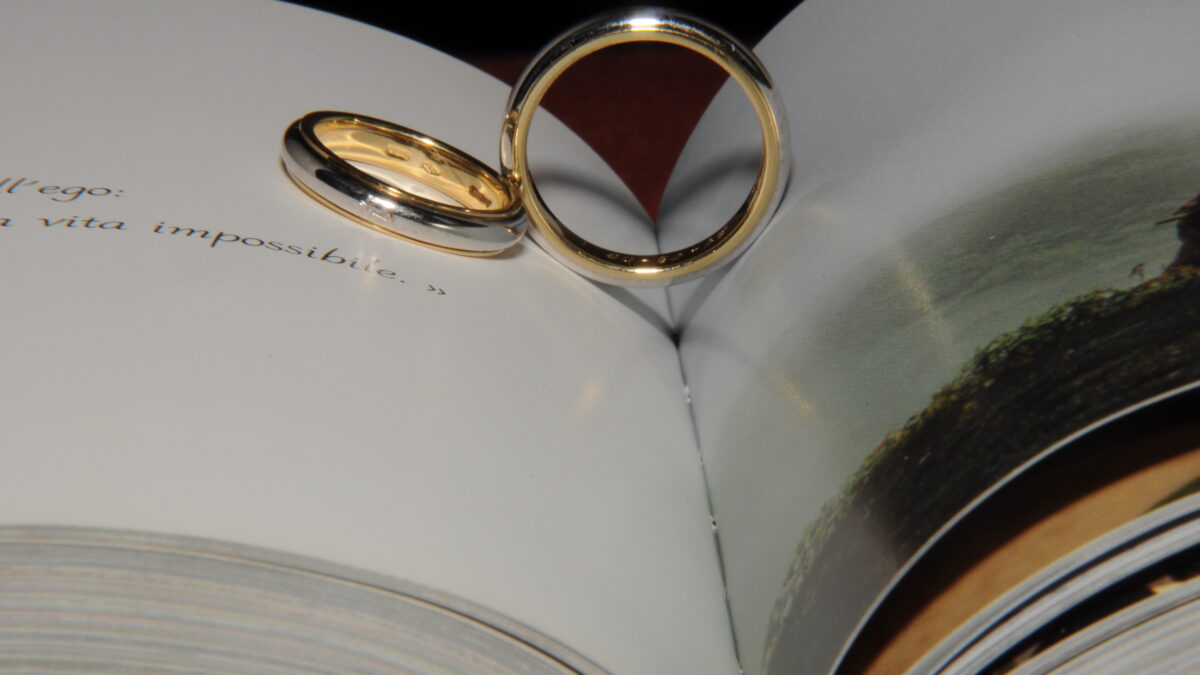
Watching the latest episode of “The Bachelorette,” I was reminded of this quote: “Indians don’t ‘fall,’ Debie. We don’t marry by accident. We choose. Choose to marry, choose to love. We’re not powerless like Americans.”
The quote is from an article in River Teeth, in which Debie Thomas tells the story of growing up in a conservative Indian family, in which matchmaking culture is still vibrant and strong. The practice was difficult for Thomas to accept, because she grew up here in America: in a culture saturated with more glamorous, soap-opera-influenced conceptions of love. So she asks her father, one day, whether he fell in love with her mother, and that was his response.
Although they suffer a lot of criticism in today’s world, arranged marriages aren’t a bad idea. The practice of matchmaking acknowledges the fact that one’s family, context, community, religion, and culture have just as much to do with forging a strong relationship as personal preference. Indeed, it’s often those closest to us—but not us—who can best discern what we might need in a married partner. Matchmaking also acknowledges the fact that the idea of a “soul mate,” a Mr. or Mrs. Right, is more often fantasy than reality.
“The Bachelor” and “The Bachelorette” are pop culture’s version of the matchmaking tradition. The premise of the show echoes that of other matchmaking cultures: few, if any, who choose to appear on “The Bachelor” or “The Bachelorette” would argue there is only one “perfect” match for them. Or at least, they won’t say that by the end of the show—because invariably, at some point in the season (usually when there are two to three potential marriageable candidates left), the bachelor or bachelorette is forced to admit that all of the above options are good. Since polygamy isn’t possible, they end up making an arbitrary decision about who to keep, and who to send home.
Our New Criteria for Marriageability
These shows also acknowledge that there are a clear set of factors and personality traits that make someone a good match, but their criteria have much less (indeed, nothing) to do with one’s family, community, religion, and place, and everything to do with “chemistry” (a.k.a. how hot and attractive you are). Second-place considerations are personality traits such as “vulnerability” and openness, charisma, spontaneity, charm, and enthusiasm (attributes that make for a fun date without indicating much about a person’s virtue or ability to keep a marriage afloat).
“The Bachelorette” and “The Bachelor” award the sensual and chemical over the thoughtful, intellectual, or spiritual. During the show’s last episode, when determining whether to keep one of two guys on the show, Jo Jo ends up tangoing with them: swinging from one hot dude to the other, trying out different sexy poses and tense embraces.
Of course we know this is stupid, melodramatic, and fake—right? We know real relationships have to get deeper than this, have to show greater commitment than this. Yet what we absorb as a culture reflects what we believe. As matchmaking culture might relate to a more mainstream dating culture, so “The Bachelor” and “Bachelorette” seems to relate to Tinder and hookup culture. It echoes the themes of sexuality and temporality we see reflected in our larger society, and attempts to apply these values to the realm of marriage.
A Real Marriage, However, Is about More
In Public Discourse, Angela McKay Nobel explains Aristotle’s definition of friendship, and applies it to the world of marriage:
In the Nicomachean Ethics, Aristotle describes friendship as reciprocated goodwill. But it is the source of that goodwill that differentiates perfect friendship from two imperfect forms of friendship. With true friendship, friends love each other for their own sake, and they wish good things for each other. … The two imperfect forms of friendship are based on either utility or pleasure. Imperfect friends love the benefits they derive from their relationship: they find each other pleasant, or useful, or both, and their goodwill stems from that.
… The point here is not that true friendships are not pleasant or useful—they are—but merely that the pleasure or usefulness is not the source of the love true friends feel for each other. A true friend loves his friend for who he is, for his character. Because the love is based on something enduring, the friendship is enduring. Imperfect friendships, on the other hand, arise and die quickly, because they are based on impermanent things: beauty, or wealth, or shared experiences.
Marriage’s end goal isn’t perfect sex, gorgeous babies, endless bliss, or financial prosperity. The reason matchmaking cultures have lasted is because they acknowledge that marriage is about more than these things, that it involves deeper mores and lasting values. Thomas, despite some difficulty accepting her culture’s arranged-marriage custom, comes to understand and appreciate it later in life. “As a child, as a teenager, it [didn’t] occur to me that on-screen romance is wholly filtered, polished, packaged,” she writes. “…American love stories generally end right where love—sustained love, the volitional kind—ought to begin—at the first kiss, on the wedding day, on the morning after the first heated night in bed.”
In a sense, “The Bachelor” and “The Bachelorette” reflect our ability to accept the fact that choosing love isn’t perfect or easy. Sometimes we need a matchmaker (or two) to help us on our way.
But who we choose to do the matchmaking matters, because their understanding of the ingredients necessary for a successful marriage can be very wrong. If past results are any indication (with only six couples still together after 30 seasons), “The Bachelor” and “Bachelorette” producers aren’t the best yentas to hire. They still think marriage is about chemistry and “falling” in love, whereas—as Thomas’s father so brilliantly points out—we don’t have to fall. We don’t have to be powerless.









